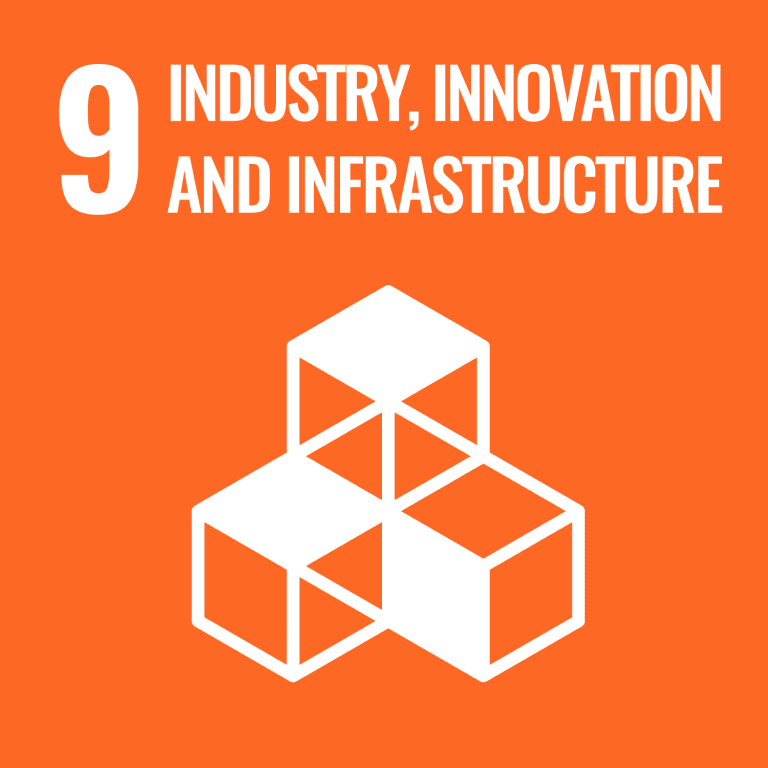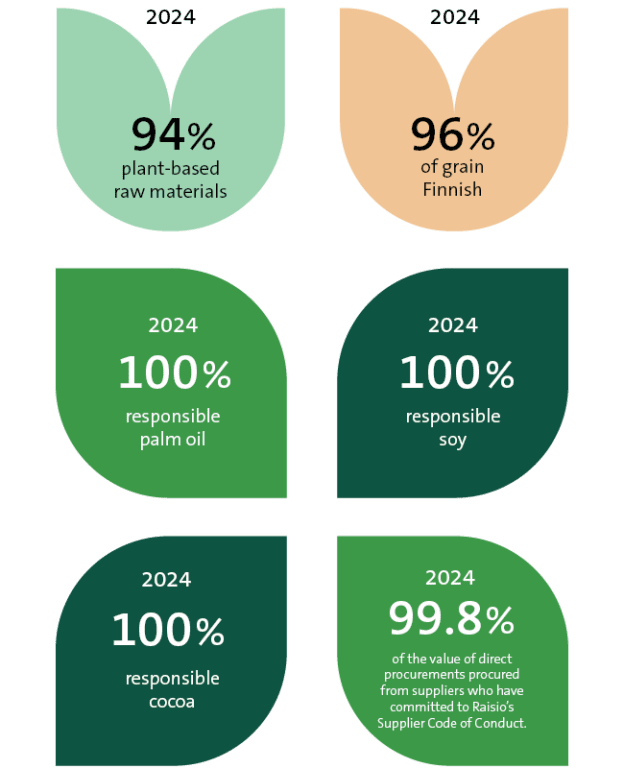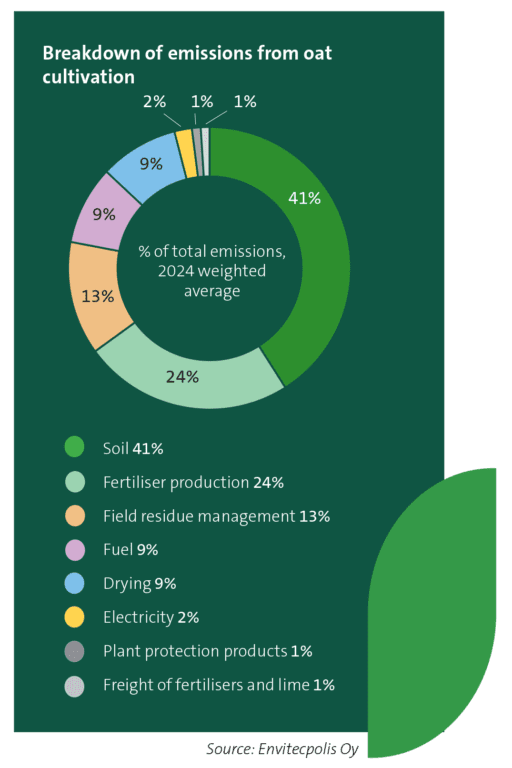Key objectives for 2022–2025
We continue to develop the responsibility of our entire supply chain by assessing the human rights impacts of the supply chain and minimising the risks.
We minimise the negative environmental and climate impacts of our raw materials.
We nurture and promote biodiversity in cooperation with our suppliers and stakeholders.

We are part of the food chain
For us, it is essential to commit our supply chain to the Raisio Supplier Code of Conduct and to ensure the procurement responsibility. Our own operations cover only a small part of the value chain, so operational responsibility risks are particularly related to the supply chain.
By the end of 2024, 99.8% of the value of all direct procurements was procured from suppliers who have committed in writing to Raisio Supplier Code of Conduct or whose own ethical principles have been approved by us.
Raisio Supplier Code of Conduct

Responsible food is created from sustainably produced ingredients
The vast majority, 94 per cent, of the raw materials used in our products are plant-based. Grains − such as oat, wheat and rye − account for 86 per cent of our raw materials. 95% of the grain we use in our food production is Finnish.
Finnish grain farms are traditionally family farms that use very little outside labour, so the human rights risks for our main raw materials are low. The only grain we buy from abroad is durum wheat, which is used to make pasta and is not grown in Finland at all.
Based on our risk assessments, soy, palm oil and cocoa are high-risk raw materials. In their production, risks related to issues such as workers’ rights and environmental responsibility have been identified as higher than with other raw materials we use. We minimise this risk by procuring responsibility-certified soy, palm oil and cocoa. However, these three raw materials account for a relatively small proportion of the total raw materials we use: soy accounts for 0.2% of our total raw materials, palm oil for 0.2% and cocoa and chocolate for 0.1%.
We calculated the carbon footprint of oat cultivation
Grains are the most important raw material used by Raisio in terms of volume. Therefore, the emissions from grain cultivation are also significant in the calculation of Raisio’s total emissions.
Grains are sourced from hundreds of farms, each with a different area, location, soil type and crop mix. On the other hand, emissions from farming are affected by many things. Some of these factors can be influenced by the farmer’s own choices, such as the tillage technique, but others cannot. For example, changing the soil type of a field is almost impossible.
Until now, we have used the national carbon footprint estimate for oat production provided by Natural Resources Institute Finland in our calculations for the production of oat products. We launched a project to determine the carbon footprint of oats produced by Raisio’s contract farmers. We partnered with Envitecpolis Oy, a Finnish company that provides expertise and a calculation tool. The project involved 50 farmers, who entered their agronomic data into the EnvitecVision system, and the footprint was calculated with the Cool Farm Tool.
The most important factors affecting emissions from oat cultivation are yield, soil and fertilisation. The type of soil in the field is beyond the farmer’s control, but the way it is tilled is not, and it has a major impact on emissions. The less the soil is tilled, the smaller the emissions. Grains will not grow without nutrients, but the amount and type of fertiliser applied makes a difference, as the production of nitrogen fertilisers in particular is a major source of emissions. The key is to optimise the amount of fertiliser applied in line with yield expectations.
Cultivation causes emissions through production inputs and energy consumption. Optimising the amount of inputs in relation to the yield is a key factor in the outcome. The higher the yield, the lower the impact of inputs and energy used per kilogram of crop produced. Growing conditions in the summer of 2023 were challenging, and many farmers had lower than normal yields. On the other hand, the results show that some very good yields were achieved even during the difficult year. In addition to weather conditions, this is influenced by the health of the field and the skill of the farmer.

The average carbon footprint of oat cultivation in Finland is 0.58 kg CO2e / kg of oats. The average for Raisio’s contract farmers was 0.32 kg CO2e / kg of oats, and when land use changes and peat fields are taken into account, the average is 0.18 kg CO2e / kg of oats. The result is good and shows that Raisio’s contract farmers are highly skilled and respectful of the environment. The farmers have adopted many sustainable farming measures, and in doing so have been able to reduce emissions from farming.
The analysis of the carbon footprint of the grains used by Raisio is ongoing for the 2024 harvest. In addition to oat farmers, we are also trying to involve farmers of the other grains we use — wheat, rye and barley. In addition to collecting agronomic data, it is important to provide farmers with information on how to reduce emissions from cultivation, improve the health of the field and at the same time increase crop resilience in the face of fluctuating conditions caused by climate change.
The supply chain of
our grain is short
We procure grains directly from contract farms in southwest Finland and Pirkanmaa, and the grain is delivered to our production directly from the farmers’ grain warehouses without interim storage. For our key raw materials, the transport distance is less than 100 kilometres.
Farmers are important partners for us, and we aim to further develop our cooperation. One of the future measures we plan to take is to encourage our contract farmers to adopt farming practices that will increase yield security. Our farmers see that further improvement is necessary in the growing conditions of fields and, thereby, carbon sequestration.
